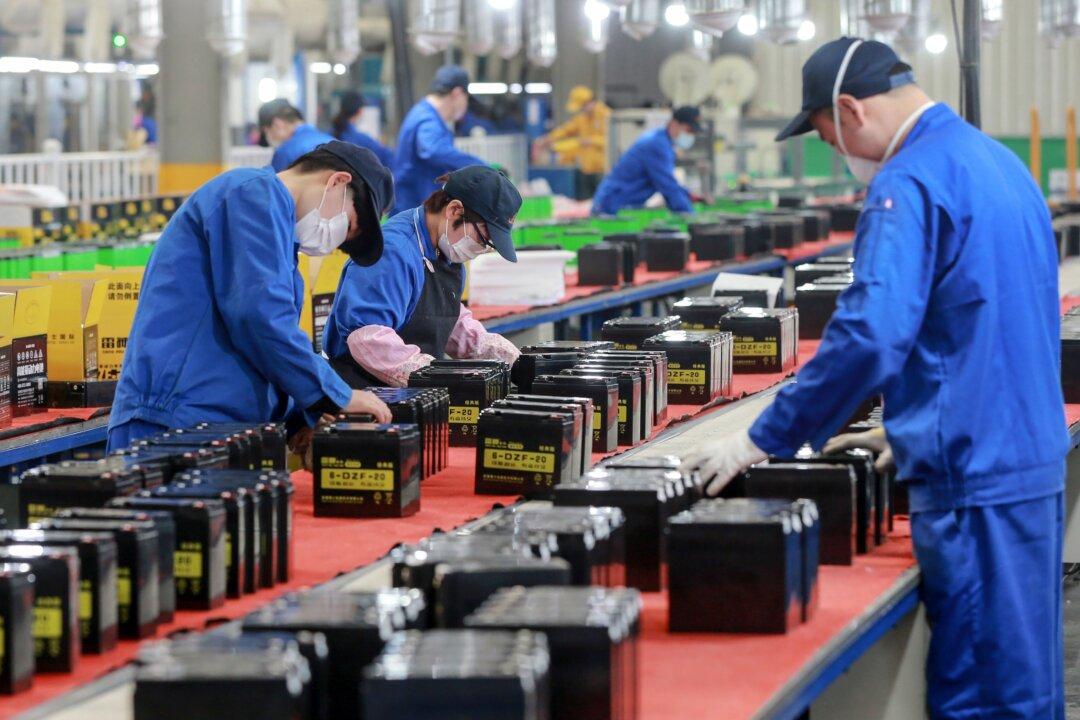WASHINGTON—The COVID-19 pandemic is going to have serious implications for how businesses think about China. Souring sentiment against the Chinese communist regime over the past few weeks may force many corporate boards to alter their whole supply chains in a very short time.
There will be a “forced decoupling” from China, meaning cutting off economic ties for national and strategic reasons, according to Kyle Bass, hedge fund manager and founder of Hayman Capital Management.





